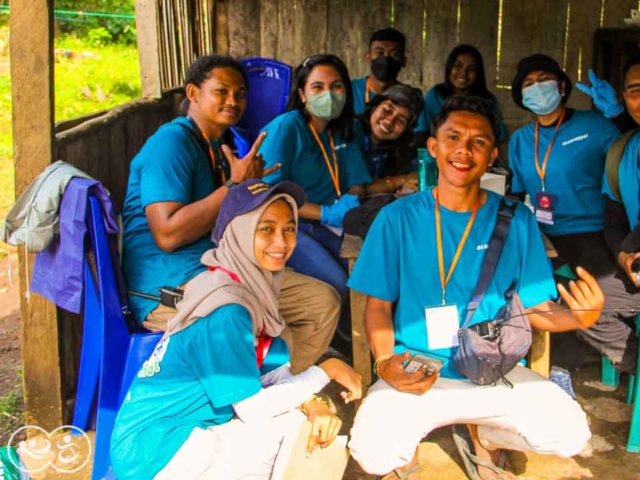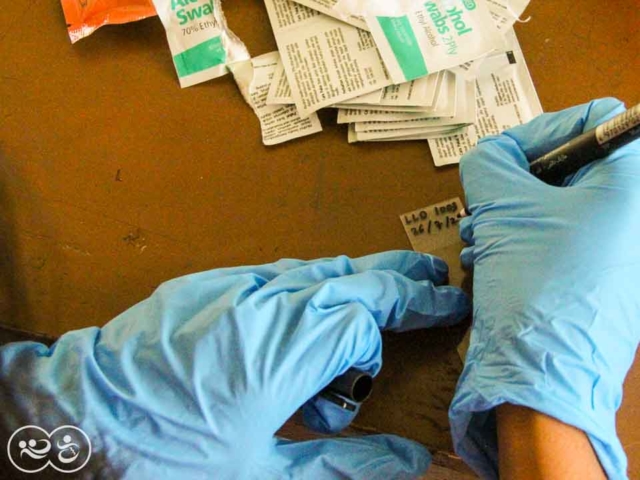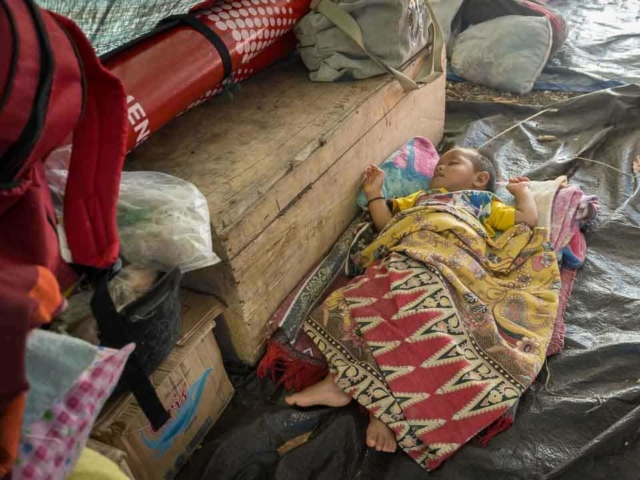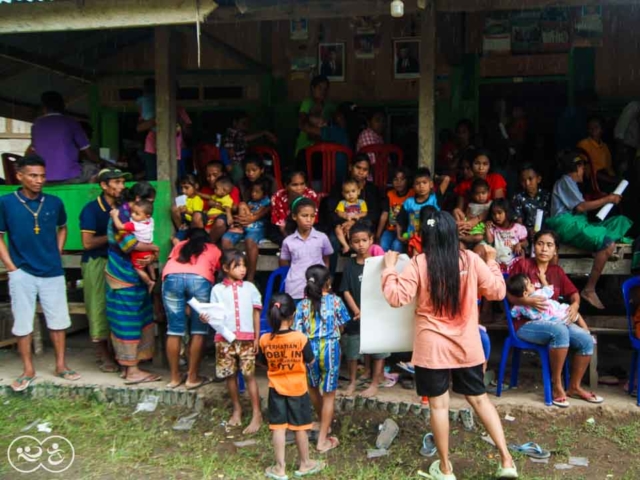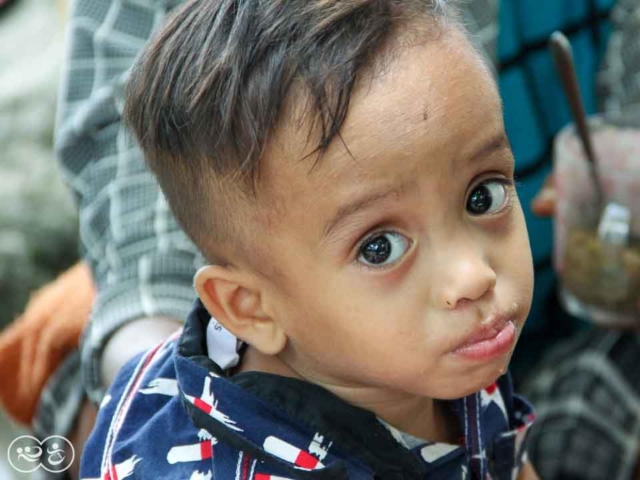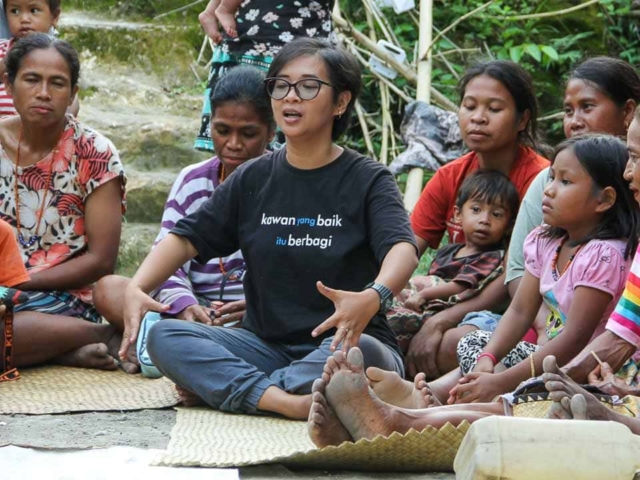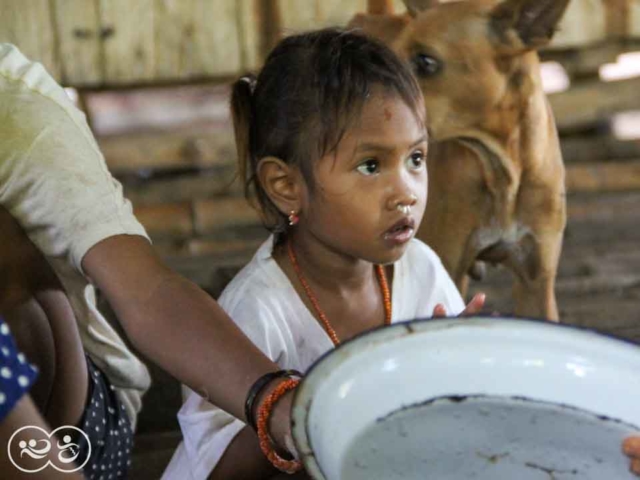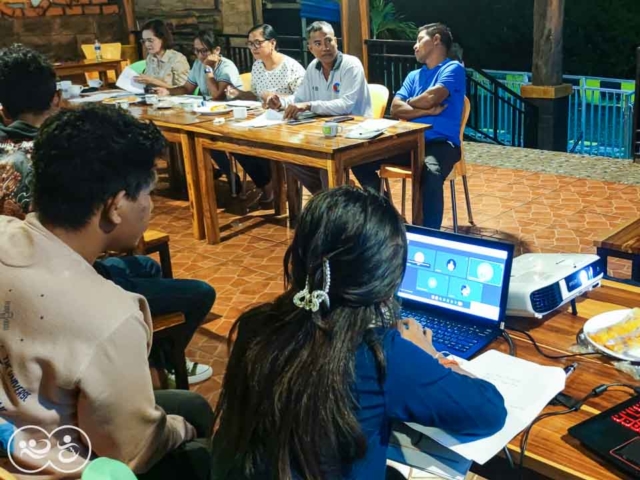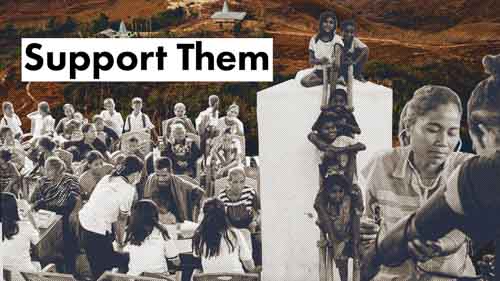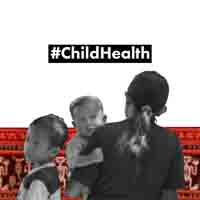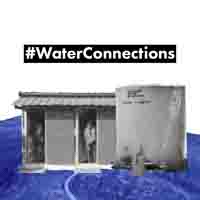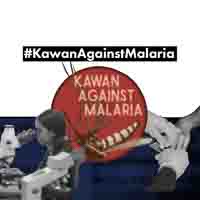Our program, “Malaria Prevention Initiative Sumba Timur 2023“, aims to tackle these issues head-on by implementing various activities to strengthen malaria control efforts in the region.
It’s concerning that almost half of the global population is susceptible to malaria. Particularly in regions with high transmission rates, young children and expectant mothers are at a heightened risk of infection and mortality. In East Sumba, the situation is particularly dire, with some areas experiencing infection rates surpassing 80%.
Our objective is to swiftly launch this initiative in the most affected areas of East Sumba, with the intention of lessening the prevalence and consequences of malaria in the designated intervention zones.
1. Prevention: To prevent mosquito-borne diseases, it’s essential to implement environmental management strategies that reduce mosquito breeding sites, such as standing water, stormwater drainage, sanitation, quality of rainwater storage tanks, animals, and waste. Additionally, distributing long-lasting insecticide-treated mosquito nets* (LLINs) to households without them and providing families with “anti-malarial” soaps can help. Participating in the Indoor Residual Spraying (IRS) effort is also planned;
*LLINs are much more effective than untreated mosquito nets because they are produced with netting that contains a WHO-recommended insecticide
2. Diagnosis and treatment: We propose setting up diagnosis and treatment centres in targeted areas to address malaria using the “door-to-door” approach. We will conduct home screenings using Rapid Diagnostic Tests (RDT) and Microscopes to detect cases accurately and quickly. Confirmed cases will receive timely treatment with antimalarial drugs, and we will educate patients on how to take the medication for maximum efficacy in eliminating the parasite from their bodies.
3. Capacity building and training: Our team will conduct capacity building and training for health workers in the Primary Medical Care (PMC) Program to improve malaria prevention and treatment. This includes educating them on protocols for preventing, diagnosing, and treating malaria. We will also work to strengthen the capacity of Puskesmas laboratories (see the header picture) so they can diagnose malaria accurately. In addition, we will ensure that Puskesmas have access to clean water, starting with replacing non-functional installations and improving access in Mahu. To further raise awareness in the community, we will organise workshops and distribute posters in targeted regions.
The situation in East Sumba is especially severe, with certain regions having infection rates exceeding 80%. We understand that individuals residing in isolated communities are currently enduring challenging circumstances, and we are dedicated to offering our aid. Nonetheless, our resources are presently restricted.
4. Monitoring and tracking: To ensure the success of the malaria control program, we will collect data to make informed decisions and necessary adjustments. Active case detection will be conducted to identify and treat malaria cases within the community. Furthermore, we will establish a robust surveillance system to monitor malaria cases, track disease trends, and identify high-risk areas. The Foundation has provided practical tools for this purpose. Our team is working on a new app that enables us to gather essential details on every individual within a household, even in areas without an internet connection. This offline application will be of great help to our field teams in collecting accurate data;
5. Community Engagement and Awareness: To increase awareness and encourage the adoption of preventive measures against malaria, we will conduct community mobilisation activities. We will organise awareness campaigns using various channels, including community meetings, radio broadcasts such as Max FM (The local Radio in Waingapu), Rumah Kambera, and Truck of Life, and educational materials. Collaboration with local leaders, schools, and organisations is crucial in disseminating information and empowering communities to take action against malaria.
To address this issue, we organize health education campaigns to promote the significance of detecting and preventing malaria at an early stage. Our emphasis is on prevention, and we aim to increase the distribution of mosquito nets, ensure the availability of crucial antimalarial medications, carry out numerous rapid diagnostic tests and for a highly effective strategy for malaria prevention, have more equipment for indoor residual spraying (IRS).
We need over 100 individuals to help combat the Malaria outbreak in the two most affected districts. If you are a local volunteer residing in Sumba, including nurses, doctors, and anyone willing to help, please urgently reach out to us.
Thank you very much for your valuable contribution to this crucial malaria control program in one of the regions severely affected by this disease.
Alexandre Wettstein from the Foundation’s Medico-Social Camp in East Sumba, Rumah Kambera, Lambanapu, on May 31st, 2023.
Malaria – Images taken by the Foundation socio-medical teams on the field
Malaria remains one of the most devastating diseases affecting East Indonesia, with thousands of deaths occurring annually and implications for families, communities, and economies.
As we are doing here in Sumba Timur, improving access to clean water and healthy sanitation facilities helps significantly reduce the spread of malaria by limiting the habitats of mosquitoes. Mosquitoes need water to breed; if there is no standing water, if the water stays cool, stays out of the light and circulates, they cannot reproduce. In addition, adequate sanitation facilities reduce individuals’ exposure to disease-carrying mosquitoes.
Clean water, such as #waterconnections projects, actively participates in preventing the complications of malaria. People with malaria need to drink plenty of water to avoid dehydration, which can be difficult in areas where access to clean water is limited, as is the case in the regions where we are right now with the @fairfuturefoundation and @kawanbaikindonesia teams.
In short, improving access to sanitation facilities and clean or safe water is, for all of us here -in the context of our medical care programs- an essential element in the fight against malaria. It will help reduce the spread of disease-carrying mosquitoes, prevent complications and improve the recovery of people with malaria. We fight the spread of #malaria by understanding how it is transmitted, providing primary medical care and providing access to clean, uncontaminated water sources. We desperately need antimalarial drugs and rapid tests to detect the disease. You can help us by donating via the foundation’s website. @unicef and @unicefindonesia? Are you ready to fight this epidemic with us? We are onsite, and we need you.



